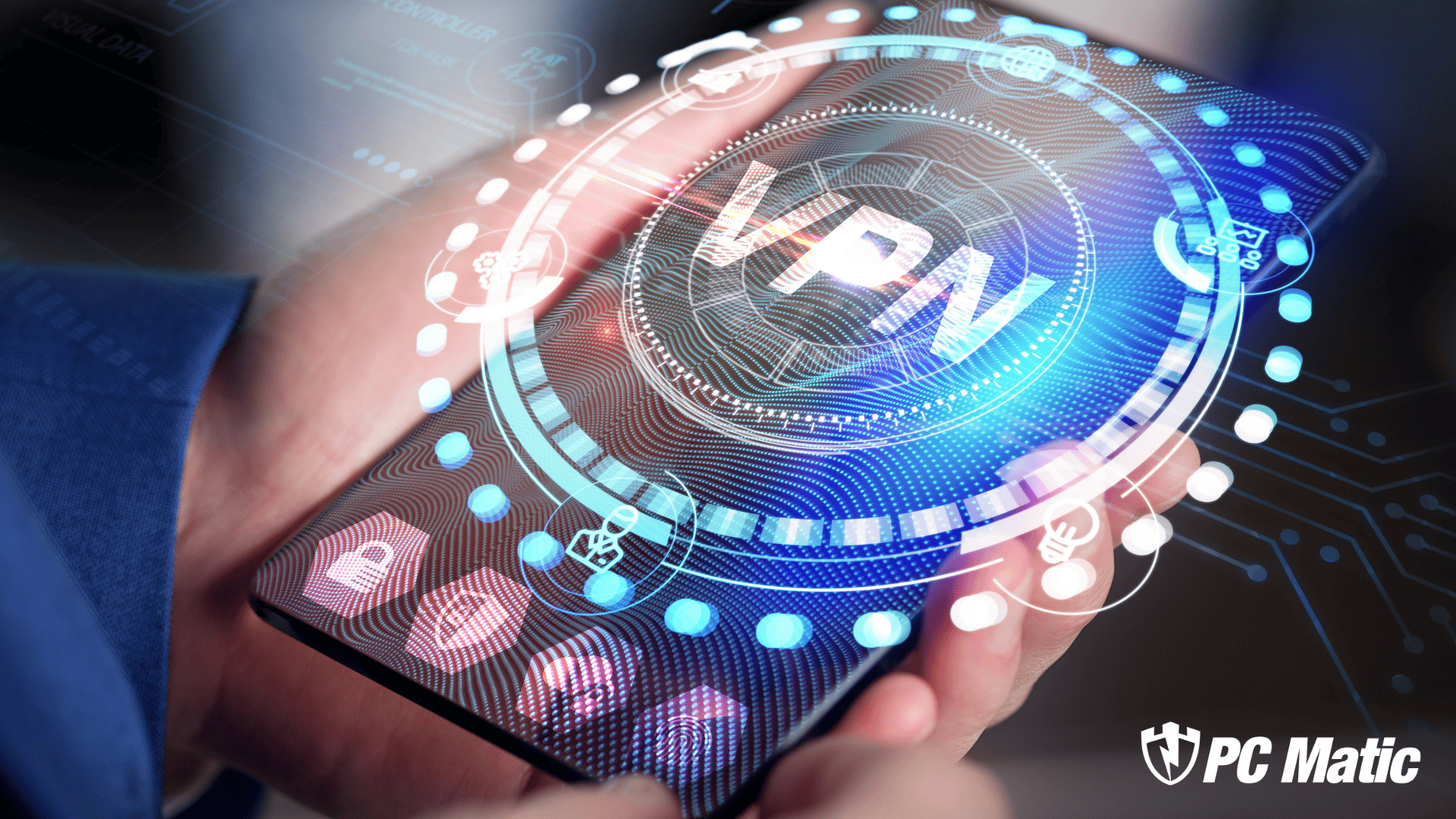In today’s digital age, protecting your data and online privacy is more important than ever. Virtual private networks (VPNs) have emerged as essential tools, creating secure, encrypted connections between your device and the internet. They hide your IP address, safeguard your online activities, and provide peace of mind in a world of cyber threats. However, not all VPNs are created equal, and some can pose serious risks to your security.
The Rise of Fake VPN Apps
Recent findings by security researchers reveal an alarming surge in fake VPN apps. In the third quarter of 2024, the number of users encountering fraudulent VPN applications skyrocketed by 2½ times compared to the previous quarter. These apps, often posed as legitimate services, are designed to steal data or turn devices into tools for cybercriminals.
One of the most shocking cases involved the 911 S5 botnet, dismantled in May 2024. This network leveraged several free VPN services—including MaskVPN, DewVPN, PaladinVPN, ProxyGate, ShieldVPN, and ShineVPN—to hijack users’ devices and turn them into proxy servers. The botnet spanned 19 million unique IP addresses across 190 countries, making it one of the largest recorded. Criminals exploited these compromised devices for cyberattacks, money laundering, and fraud.
(Information sourced from Kurt Knutsson, CyberGuy Report, Fox News.)
Why Free VPNs Are a Risky Gamble
Free VPN apps often lure users with the promise of cost-free privacy protection. However, the reality is far from reassuring. Here are some of the most significant risks associated with free VPNs:
1 – Data Sharing
Many free VPNs monetize their services by selling user data to third parties.
2 – Weak Encryption
Approximately 36% of free VPNs put your online security at risk by using substandard encryption.
3 – Data Leaks
Nearly 90% of free VPNs leak data, with 17% exposing sensitive information.
4 – Unreliable Connections
Over half of free VPNs suffer from unstable connections, compromising their effectiveness.
5 – Excessive Permissions
Alarmingly, 70% of free VPNs request unnecessary permissions, such as tracking your location or accessing your installed apps.
Why Users Fall for Fake VPNs
The increasing demand for VPNs, driven by a growing awareness of online privacy, has made users vulnerable to scams. Many mistakenly believe that apps available on official platforms like Google Play or the App Store are inherently safe. The allure of “free” services further fuels the adoption of these malicious applications, often leading to dire consequences.
7 Reasons Why You Should Choose PC Matic VPN
Choosing the right VPN is critical for ensuring your online security. PC Matic VPN offers robust encryption, reliable connections, and a proven commitment to user privacy. Unlike free VPNs, PC Matic VPN prioritizes your security, aligning with the following seven recommendations for selecting and using VPNs:
1- Availability on Official App Stores:
PC Matic VPN is available for download on trusted platforms, including the Apple App Store for iOS devices and Google Play Store for Android devices. This ensures users can download the app securely from reputable sources.
2- App Permissions:
PC Matic VPN requires permissions necessary for its functionality, such as network access to establish VPN connections. Users can review and manage these permissions within their device settings to ensure they align with their privacy preferences.
3 – Unique Login Approach:
Our innovative consumer product eliminates traditional login hassles by first searching for a hidden token, offering seamless access; if unavailable, a one-time password is sent to the user’s email—leaving username and password logins as a rare last resort.
4 – Software Updates:
PC Matic VPN provides regular updates to incorporate the latest security patches and improvements. Users should keep the application up-to-date to benefit from enhanced features and security measures.
5 – Strong Encryption:
PC Matic VPN employs advanced encryption standards, including 256-bit AES encryption, to safeguard user data. This level of encryption is considered highly secure and is widely used to protect sensitive information.
6 – Monitoring VPN Traffic:
While PC Matic VPN does not log user activity, it offers features that allow users to monitor their connection status and performance. Users can utilize these tools to observe their VPN connections for unusual patterns, contributing to proactive security management.
7 – Integration with Antivirus Software:
PC Matic offers a comprehensive cybersecurity suite including, antivirus protection and VPN services. This integration ensures that users receive robust protection against malware, phishing attempts, and other cyber threats, alongside secure internet browsing.
Tips for Staying Safe Online
To safeguard your online activities, follow these essential tips:
- Always download apps from trusted sources, and verify their reviews, ratings, and download counts.
- Regularly update your VPN and other security software to stay ahead of threats.
- Use strong, unique passwords and enable 2FA wherever possible.
- Avoid free VPN services and invest in reputable providers like PC Matic VPN for reliable protection.
Key Takeaway
Fake VPN apps aren’t just ineffective; they’re dangerous. They can compromise your data, turn your device into a tool for cybercriminals, and expose you to fraud. The 911 S5 botnet serves as a chilling reminder of the risks of free VPNs. Choose a trusted, paid VPN service like PC Matic VPN. Your online security is worth the investment.
(Citation: Kurt Knutsson, CyberGuy Report, Fox News.)




